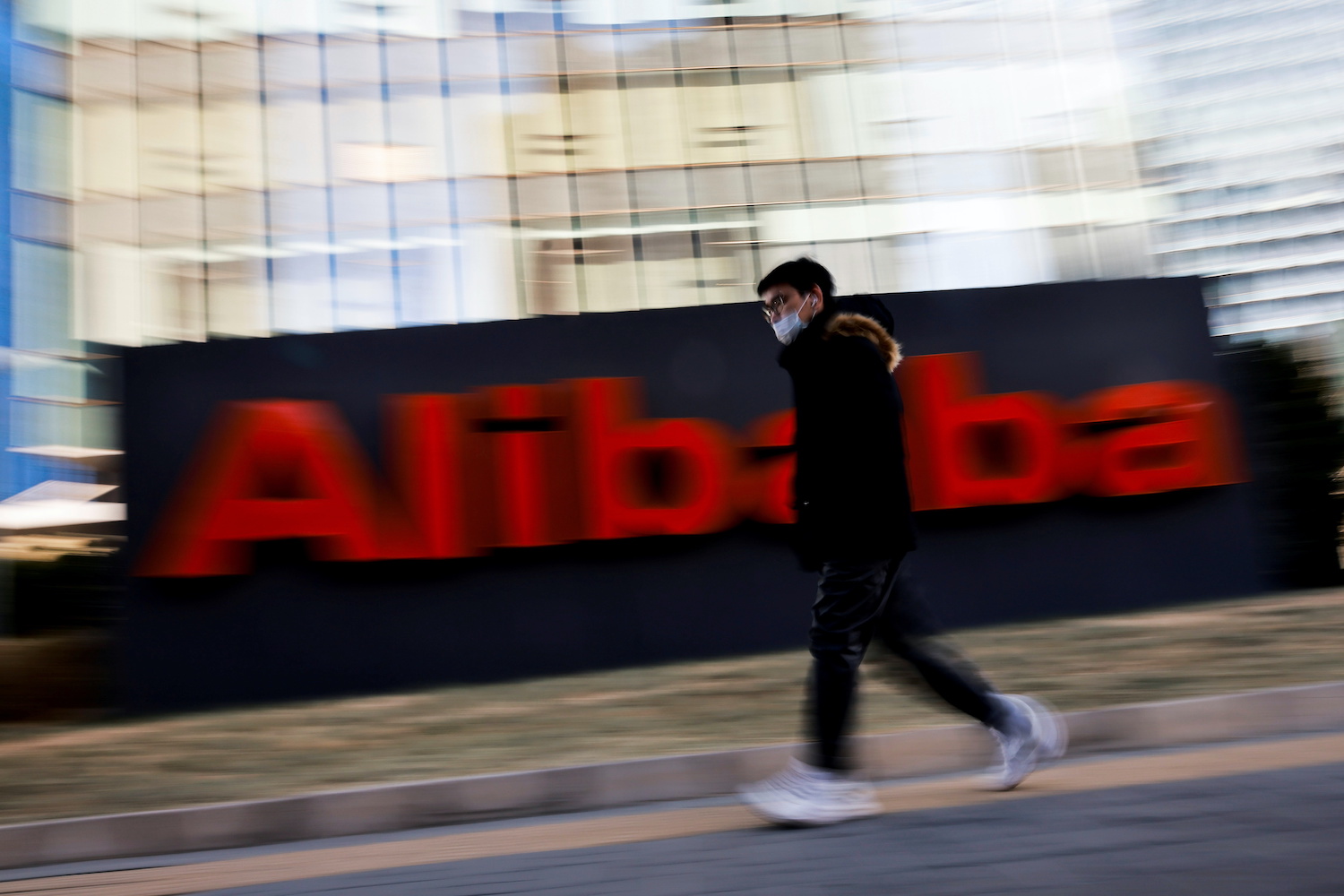For more than a decade, Alibaba Group has been China’s undisputed e-commerce king but of late its crown has shown signs of slipping.
This week, Alibaba announced it was reorganising its global and domestic e-commerce businesses and would name a new chief financial officer.
The changes come as Alibaba faces headwinds on multiple fronts, including increased competition, a slowing economy and a regulatory crackdown.
Maggie Wu, Alibaba’s chief financial officer, told analysts that competitors “have been increasing investment to acquire users and show a high level of spending” and luring merchants away from its Taobao e-mall business with lower costs.
Sharply Slower Growth
In China, its two main marketplaces – Tmall for established brands and Taobao, which welcomes all kinds of merchants – process over $1 trillion in orders annually.
But Alibaba is seeing sharply slower growth in customer management revenue (CMR), the money derived from charging merchants for services which usually accounts for one-third to one-half of its overall revenue.
CMR rose just 3% in the July-September quarter, down from 20% growth a year earlier.
Last month, Alibaba shares plunged following the company’s disappointing earnings – a big fall in second-quarter net income – and its warning of slower growth.
Revenue Forecast Cut Back
Alibaba also cut its annual revenue forecast while sales or gross merchandise value (GMV) for Singles Day, its banner shopping event, this year climbed only 8.5% – the smallest rise to date.
“The slowdown in CMR is mainly due to the softness of GMV, as well as the increase in merchant support and subsidies,” Thomas Chong, Jefferies equity analyst in Hong Kong, said.
Those disappointing numbers are due in part to regulatory changes and pandemic-induced slower economic growth that has made shoppers reluctant to splurge.
But they also highlight the onslaught of competition and the fact that some rivals have stolen a march over Alibaba in the fastest-growing areas of China’s e-commerce.
‘Eating Alibaba’s Lunch’
Merchants and analysts cite ByteDance’s Douyin – the Chinese sister app to TikTok and a relative newcomer – as the force to beat in live-streaming e-commerce, while Nasdaq-listed Pinduoduo has taken the lead in rural and budget e-commerce.
“Other platforms are growing faster than Alibaba, which means they are eating Alibaba’s lunch,” Lu Zhenwang, CEO of Shanghai-based Wanqing Consultancy, said.
However, rating agencies remain confident in Alibaba. “We expect elevated regulatory risk in China’s internet sector to continue to evolve, as the government’s five-year plan is focused on antitrust enforcement to promote fair competition,” said Kelvin Ho, primary rating analyst at Fitch Ratings in Hong Kong.
“But we believe Alibaba will maintain its market leadership in online shopping and cloud computing, supported by a large scale, comprehensive product offering, efficient digitalised supply-chain and fulfilment model and core competencies in cloud services.”
- Reuters with additional editing by George Russell
SEE MORE:
Pinduoduo Shares Surge After Charity Pledge Seen Toeing Party Line
Tencent And Alibaba Set For Profit Drops As Crackdowns Bite
Alibaba Among China Tech Giants Fined For Unreported Deals
























